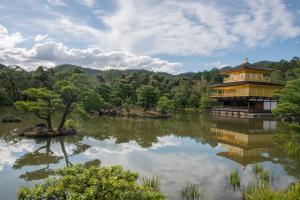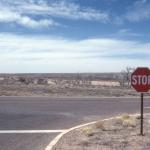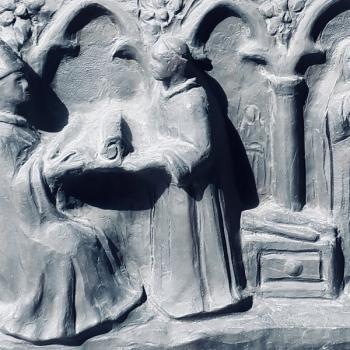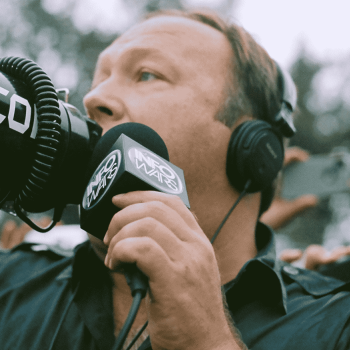In an article published in the 2022 edition of Religions, Buddhist architect Dennis Alan Winters reflects on that time, 38 years ago, when the Dalai Lama asked him a hard question. It’s a question all of us should ask ourselves.

Tasked with designing a new 270-acre Buddhist center in Vermont, Winters set aside “six particular threads of investigation” to drive his process: the fundamentals of Tibetan Buddhism, sacred symbols, the history of Buddhist architecture, sacred environmental analysis, intuitive harmony, and personal guided meditation. This is a very short summary of a lengthy and complicated process, one with which the Dalai Lama initially seemed to be impressed. But then, after reviewing it all carefully, he asked: “What is the basis for this design? Where does it come from? What is its source?”
What followed after was a detailed introspective process that contributed heavily to the project. Highly creative people have a way of sending you down productive rabbit holes like that. The details of Winters’ answer may interest you, and you’re welcome to click the link above to see them, but from a spiritual care perspective I’m more interested in the question.
“What is the basis for this design? Where does it come from? What is its source?”
The Dalai Lama to Dennis Alan Winters, 1984
In two weeks I’ll be starting my second unit of clinical pastoral education (CPE). One of the interesting things about Level I CPE under the current ACPE rubric is that it’s focused heavily on self-knowledge; you’re expected to figure out why you want to do the work of chaplaincy. What are your needs, strengths, and limitations? What does this work feed within you? If you answer this question honestly, it’ll probably take you down a peg.
This is obviously not a question that’s unique to chaplains. It’s also a useful question for me to reflect on as a freelance writer; I’ve recently come to realize that I write in part because it gives me power over narratives so that I can make sure they’re accurate, and ethical, to a degree that I find satisfactory; this is rooted in seeing my story, and the stories of others, told badly. I can feed this need to control narratives in both healthy and unhealthy ways, but it’s an itch that will be scratched in a different way than it would be if someone was drawn to freelance writing because they wanted to, say, be admired by others.
Maybe you feel a call to the ordained ministry, or politics, or marriage, or academic life. Do not neglect during your discernment process the question of what within you hears that call, or why. And when you begin a project or a new direction in your life, you might meditate, pray, or otherwise reflect on the questions His Holiness asked Winters: “What is the basis for this design? Where does it come from? What is its source?” Because no matter how embarrassing your answers to these questions might initially seem, there is immeasurable power is knowing—and therefore being able to tell—the truth.












